Is BMW Shifting Away from China's EV Market? Partnering with Toyota on Hydrogen Energy Instead
![]() 01/21 2025
01/21 2025
![]() 507
507
In earlier years, the majority of Chinese consumers perceived luxury cars to be synonymous with brands like Porsche and BBA (Benz, BMW, Audi). Domestically produced cars, on the other hand, were often seen as budget options, with the wealthy shunning them entirely.
However, the advent of new energy vehicles (NEVs) has drastically altered Chinese perceptions. Consumers are no longer solely focused on price and brand but are increasingly drawn to factors such as driving experience, intelligence, digital ecosystems, and localized demands.
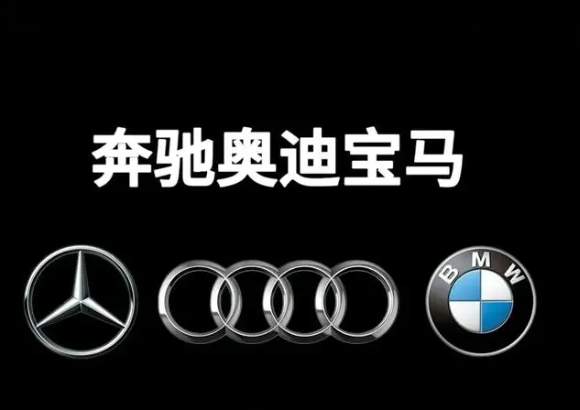
Indeed, beyond brand recognition and price, BBA cars no longer hold significant advantages over domestically produced NEVs. In terms of intelligence, digital ecosystems, localized demands, and comfort, locally made NEVs often excel.
Consequently, BBA's sales in the Chinese market have been on a decline. In the first half of this year, Mercedes-Benz sales fell by 10%, Audi by 3%, and BMW sold only 364,000 units, marking a 5% year-on-year decrease.
In 2024 alone, the three major BBA brands sold 200,000 fewer cars in China, involving sales exceeding 60 billion yuan.
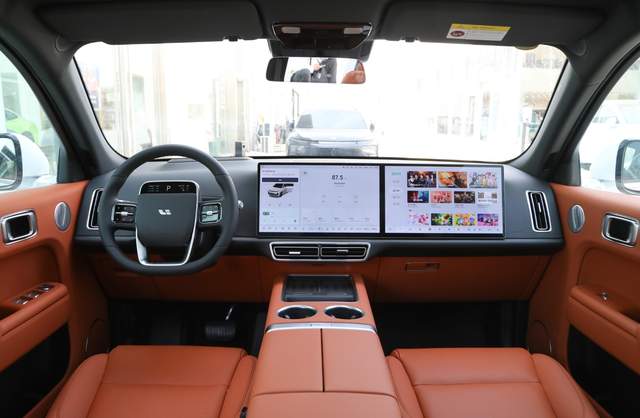
In response, BBA took various measures in 2024 to reverse this trend, including engaging in price wars. However, these efforts proved ineffective, with sales continuing to slide. Profits plummeted, and dealers even resorted to "rebelling," forcing BBA to abandon the price war strategy.
Post-price war, sales further deteriorated, leaving BBA grappling with uncertainty about its next steps.
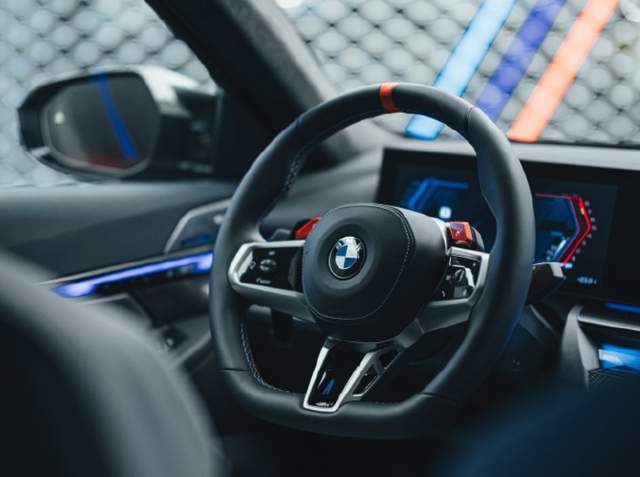
Recently, BMW made a strategic shift: it would no longer compete head-on with Chinese NEV companies or focus exclusively on electric vehicles. Instead, it announced its intention to develop hydrogen energy vehicles.
BMW officially partnered with Toyota to launch hydrogen fuel cell vehicles under the BMW brand, based on their collaborative efforts, with a targeted launch date of 2028. The BMW chairman boldly stated that BMW would be the first luxury brand globally to introduce hydrogen energy vehicles.
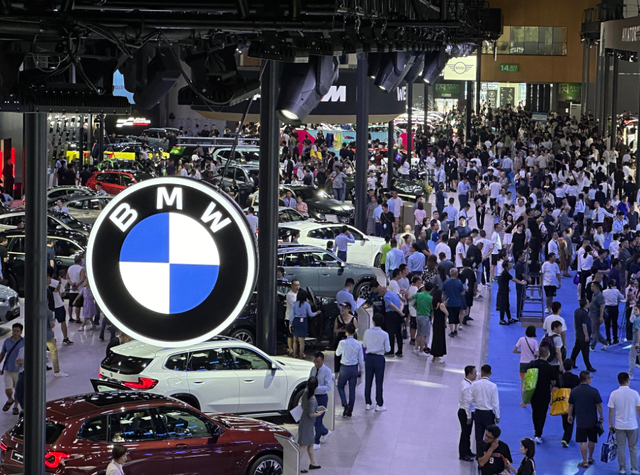
So, why is BMW pivoting away from electric vehicles and focusing on hydrogen energy? The answer lies in the realization that in the electric vehicle arena, BMW cannot compete with Chinese automakers. China boasts a comprehensive and globally leading supply chain in the EV sector, leaving BMW in a perpetual state of catch-up.
Moreover, Chinese automakers have established a strong presence in the electric vehicle market, particularly in intelligence and ecosystem development, where BMW lags behind.
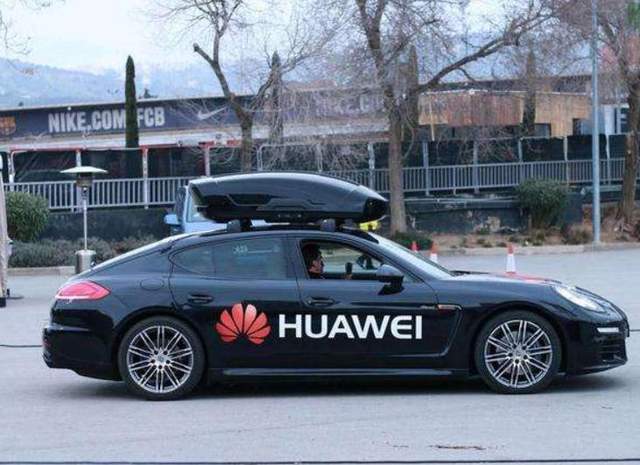
In contrast, the hydrogen energy sector is relatively unexplored, presenting BMW with an opportunity to overtake competitors by switching lanes. Unable to compete in the electric vehicle market, BMW is aiming to redefine its path forward.
However, whether Toyota and BMW can truly make a significant impact in the hydrogen energy sector remains to be seen. Only time will tell. Let's wait and observe the outcome.








